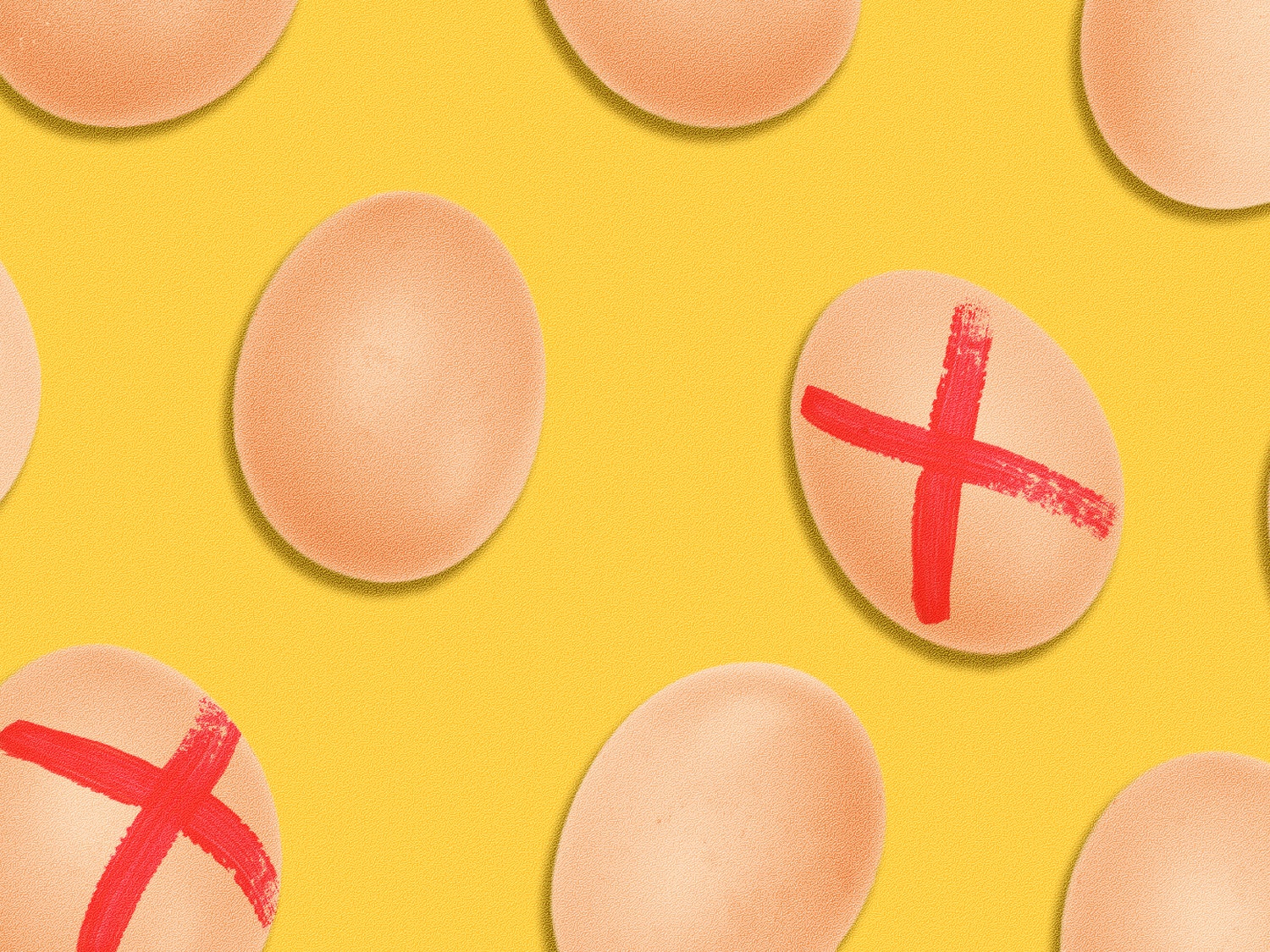
The Freshness Factor: A Guide to Keeping Eggs Edible
From the expiration date anxiety that accompanies perishable proteins like meat and fish, we often overlook another important staple: the humble egg. The truth is, eggs can indeed go bad, but the ways in which they spoil vary, with some instances posing a more significant health risk than others. So how can we determine the edible from the expired?
When discerning egg quality, there are a couple of nuances to consider. Firstly, an egg can simply decline in taste without being harmful. Secondly, there's the risk of contamination with salmonella - a serious health concern. Let's elaborate on these two scenarios.
It's vital to understand the difference between food that spoils visually and aromatically, like milk, and food that turns unsafe. While spoiled milk following pasteurization isn't typically a health hazard, it's unappetizing. Eggs undergo a similar transformation. Dr. Don Schaffner, a Food Science specialist and esteemed professor, notes that eggs, much like milk, aren't pleasant when they've lingered in the fridge for too long.
But can you trust popular methods like the float or water test to check egg freshness? Despite its popularity, Dr. Schaffner reveals there's no scientific backing for this technique. An egg floating in water may simply indicate an enlarged air pocket from age, but it's not a measure of quality.
The reliable route? Trust your senses. Dr. Schaffner suggests if an egg's appearance or scent deviates from the norm, it's a strong sign that spoilage bacteria have invaded. An unusual smell, especially one that mimics other fridge contents, is a clear indication that the egg's best days are behind it and should be disposed of.
In conclusion, don't let the hunt for pocket-friendly prices lead you to overlook food safety. Inspect, sniff, and ensure your eggs are as fresh as your savings. And to all the new egg enthusiasts out there, heed these tips to relish your recipes without risk. #FreshEats #HealthyLiving #FoodSafety #EggcellentAdvice #EggFreshness #FoodSafety #SmartShopping #CulinaryTips #HomeCooking










